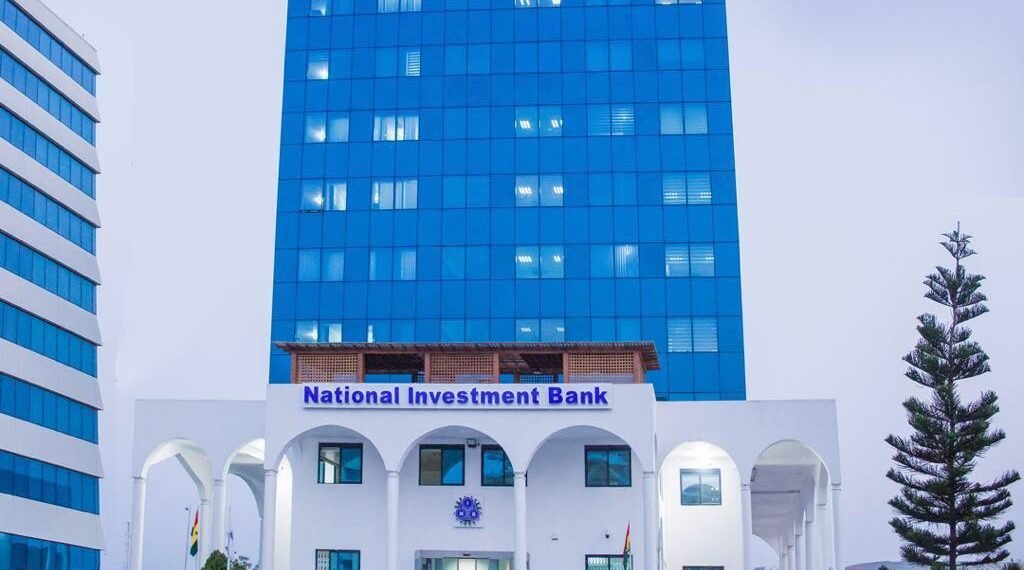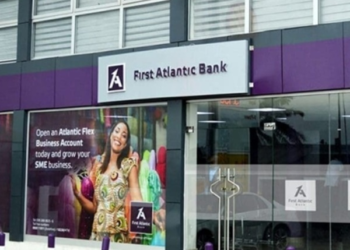In an intervention to salvage one of Ghana’s oldest development-oriented financial institutions, the government has injected GH₵1.4 billion into the National Investment Bank (NIB).
The capital support, made up of a mix of cash and bonds, is seen as a strategic move to stabilize the bank’s operations, restructure its finances, and avert possible collapse ahead of a crucial International Monetary Fund (IMF) review.
The recapitalization forms part of broader reforms mandated under Ghana’s $3 billion IMF bailout programme. As the country prepares for its fourth IMF programme review, sources close to the Ministry of Finance confirm that the Fund had demanded decisive action on NIB, which has long been a fiscal burden on government finances.
“There were suggestions from the IMF to shut down NIB completely,” a source said. “But the government stood its ground, opting for a recapitalization plan combined with governance reforms.”
This strategic funding decision ensures the IMF team can present Ghana’s performance to the Fund’s board with confidence that public financial liabilities are being prudently managed.
Frank Adu Jnr to Chair Reconstituted NIB Board
The government’s commitment to NIB’s turnaround is further signaled by the appointment of Frank Adu Jnr, former CEO of CalBank, as Chairman of NIB’s reconstituted board. His vast experience in commercial banking and financial restructuring is expected to anchor the bank’s new strategic direction.
Speaking at the board’s inauguration, Finance Minister Dr. Ato Forson officially announced the recapitalization but stopped short of providing figures, saying full details will be presented during the upcoming Mid-Year Budget Review in Parliament.
Dr. Forson stressed that this move was necessary not only to stabilize NIB, but to position it to deliver on its development finance mandate more effectively.
ADB and CBG to Follow in 2025 and 2026
NIB isn’t the only bank earmarked for support. The Finance Minister also hinted at plans to recapitalize the Agricultural Development Bank (ADB) in 2025 and the Consolidated Bank Ghana (CBG) in 2026.
“I want to use this medium to assure you, Board Chairman and management of ADB, that just as I have done for NIB this year, next year it will be your turn,” Dr. Forson said.
The Minister explained that ADB’s recapitalization will empower the bank to better serve farmers and agribusinesses, reinforcing its critical role in Ghana’s food security and rural development strategy.
He also assured CBG’s board that government remains committed to shoring up its capital base, but emphasized the need for prudent financial management: “It is equally important that this board safeguards taxpayers’ money,” he cautioned.
BoG Set to Enforce Risk-Based Recapitalization
Beyond state-owned banks, the Bank of Ghana (BoG) is gearing up to introduce a new wave of recapitalization requirements for all commercial banks operating in the country.
According to BoG Governor Dr. Johnson Asiama, the central bank’s next move will not be a one-size-fits-all approach. Instead, banks will be assessed based on their individual risk exposures, with recapitalization levels tailored to their specific operational realities.
This marks a major shift from previous reforms, where banks were given blanket capital thresholds. The new strategy is expected to enhance financial system resilience and protect depositor funds, particularly in a fragile macroeconomic environment.
Government’s latest injection into NIB, along with the planned recapitalizations for ADB and CBG, signals a bold policy choice: strengthen public banks to play their roles in national development rather than liquidate them.
However, this approach also carries risks. Analysts caution that unless coupled with strong governance, operational efficiency, and fiscal discipline, the recapitalized banks could return to their loss-making ways, becoming a recurring burden on the public purse.
READ ALSO: Ghana’s 24-Hour Economy Hinges on Systems, Not Shifts























